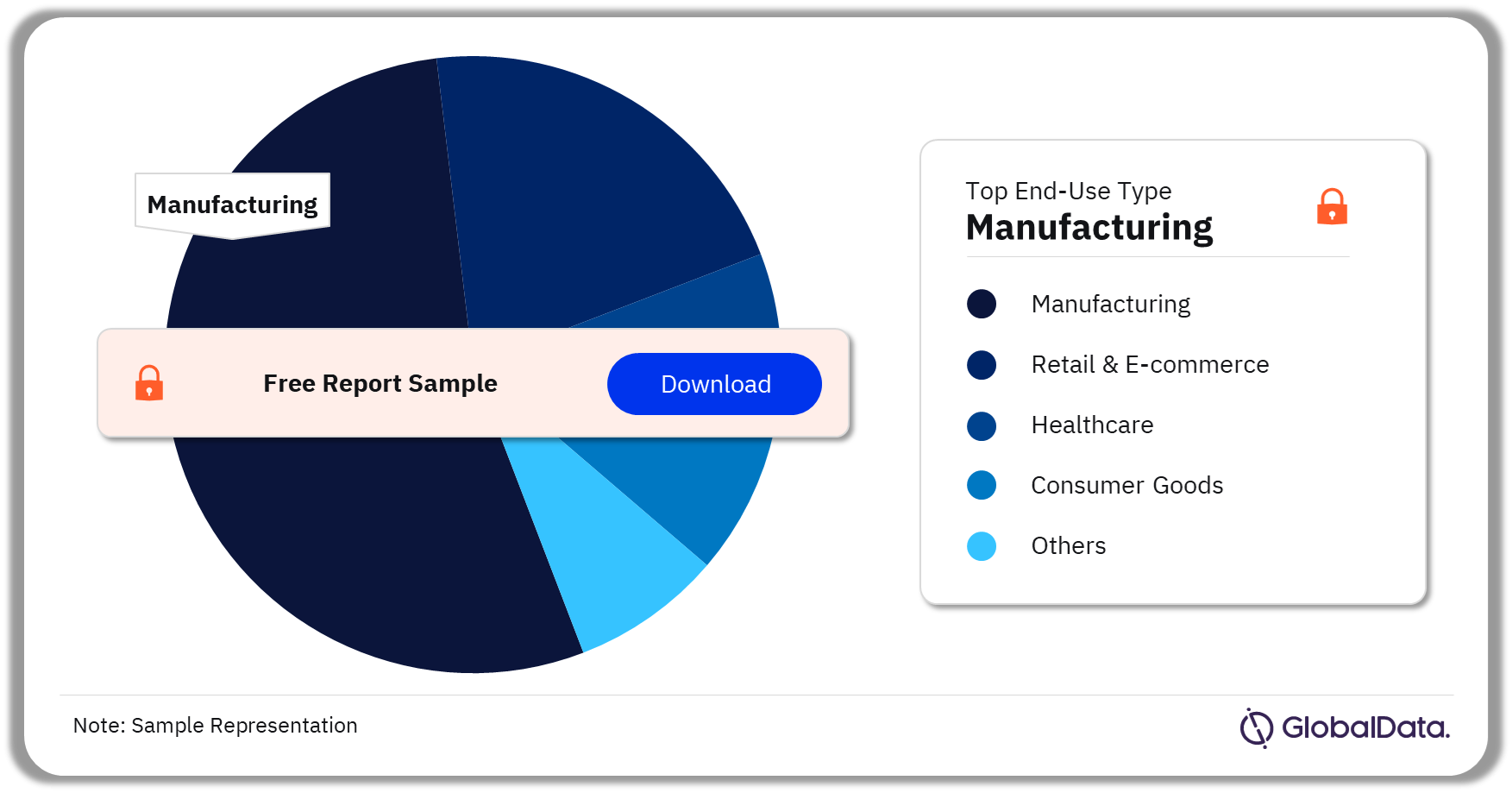Introduction to Third-Party Logistics (3PL)
Third-party logistics, commonly referred to as 3PL, is a crucial aspect of the supply chain industry. It involves outsourcing various logistics and supply chain management functions to third-party providers. These providers offer a wide range of services, including transportation, warehousing, distribution, and fulfillment.
Evolution of the 3PL Industry
The concept of third-party logistics has evolved significantly over the years. Initially, 3PL providers were primarily involved in basic logistics functions such as transportation and warehousing. However, with the advancement of technology and the growing complexity of supply chains, 3PL providers now offer a comprehensive suite of services to meet the diverse needs of their clients.
Key Players in the Third-Party Logistics Market
Global Giants
Major global players dominate the third-party logistics market, providing services on a large scale across multiple regions. Companies like DHL, UPS, and FedEx are among the top players in the global 3PL market.
Regional Players
In addition to global giants, there are numerous regional players operating in specific geographic areas. These companies often specialize in niche services and cater to the unique requirements of local markets.
Services Offered by 3PL Providers
Third-party logistics providers offer a wide range of services to meet the diverse needs of their clients. Some of the key services include:
Transportation
Transportation services involve the movement of goods from one location to another. This includes modes such as road, rail, air, and sea transport.
Warehousing
Warehousing services encompass the storage and management of inventory in strategically located facilities. These facilities are equipped with advanced technologies to ensure efficient inventory management and order fulfillment.
Freight Forwarding
Freight forwarding involves the coordination of shipments between various parties, including shippers, carriers, and customs authorities. 3PL providers handle all aspects of the shipping process, from documentation to customs clearance.
Value-added Services
In addition to core logistics functions, 3PL providers offer value-added services such as packaging, labeling, and kitting. These services help streamline the supply chain and add value to the overall logistics process.
Advantages of Using Third-Party Logistics
Outsourcing logistics functions to third-party providers offers several benefits for businesses, including:
Cost Savings
By outsourcing logistics functions, businesses can reduce operational costs associated with transportation, warehousing, and inventory management.
Scalability
3PL providers offer scalable solutions that can adapt to changing business needs and fluctuating demand levels.
Focus on Core Competencies
Outsourcing logistics functions allows businesses to focus on their core competencies and strategic initiatives, rather than getting bogged down by logistical complexities.
Challenges in the 3PL Industry
Despite its many benefits, the third-party logistics industry faces several challenges, including:
Security Concerns
With the increasing threat of cyber attacks and data breaches, security has become a major concern for 3PL providers and their clients.
Communication Issues
Effective communication is essential for successful logistics operations. However, coordinating between multiple parties involved in the supply chain can be challenging.
Integration with Existing Systems
Integrating third-party logistics systems with existing IT infrastructure can be complex and time-consuming, leading to compatibility issues and operational disruptions.
Technology Trends in Third-Party Logistics
To address these challenges and drive efficiency in the supply chain, 3PL providers are increasingly adopting advanced technologies such as:
IoT and Sensors
Internet of Things (IoT) devices and sensors enable real-time tracking and monitoring of shipments, providing greater visibility into the supply chain.
Artificial Intelligence
AI-powered algorithms analyze vast amounts of data to optimize logistics operations, improve route planning, and enhance decision-making.
Blockchain
Blockchain technology offers secure and transparent transactions, reducing fraud and errors in the supply chain.
Sustainability Practices in the 3PL Sector
In response to growing environmental concerns, the 3PL sector is embracing sustainability practices such as:
Green Logistics
Optimizing transportation routes and modes to minimize fuel consumption and reduce carbon emissions.
Carbon Footprint Reduction
Implementing eco-friendly packaging materials and adopting energy-efficient warehouse practices to reduce carbon footprint.
Ethical Sourcing
Ensuring that suppliers adhere to ethical labor practices and environmental regulations to promote social responsibility throughout the supply chain.
Market Trends and Growth Opportunities
The third-party logistics market is experiencing significant growth driven by several key trends, including:
E-commerce Boom
The rapid growth of e-commerce has fueled demand for 3PL services, particularly in last-mile delivery and order fulfillment.
Outsourcing Trends
Increasing globalization and the complexity of supply chains have led many businesses to outsource their logistics functions to specialized 3PL providers.
Emerging Markets
The expansion of 3PL services into emerging markets presents lucrative growth opportunities for providers looking to capitalize on untapped markets.
Impact of COVID-19 on the 3PL Market
The COVID-19 pandemic has had a profound impact on the third-party logistics market, accelerating trends such as e-commerce growth and digitalization of supply chains.
Future Outlook of the Third-Party Logistics Industry
Looking ahead, the third-party logistics industry is poised for continued growth and innovation, driven by advancements in technology, changing consumer preferences, and evolving market dynamics.
Conclusion
In conclusion, the third-party logistics market plays a crucial role in the global supply chain ecosystem, offering a wide range of services to help businesses streamline their operations and improve efficiency. Despite facing challenges such as security concerns and integration issues, the industry is poised for continued growth and innovation, driven by technology advancements and evolving market trends.
Buy the Full Report for Insights into the 3PL Market Forecast, Download a Free Report Sample

